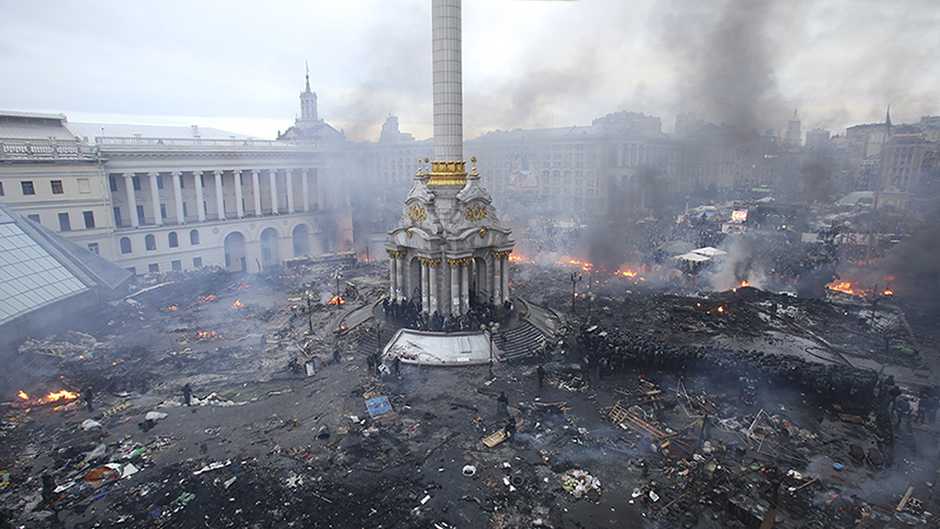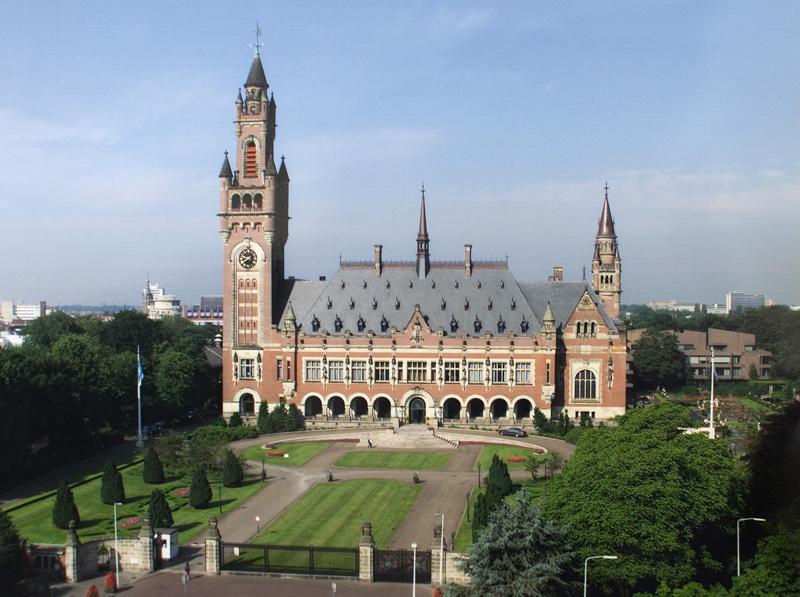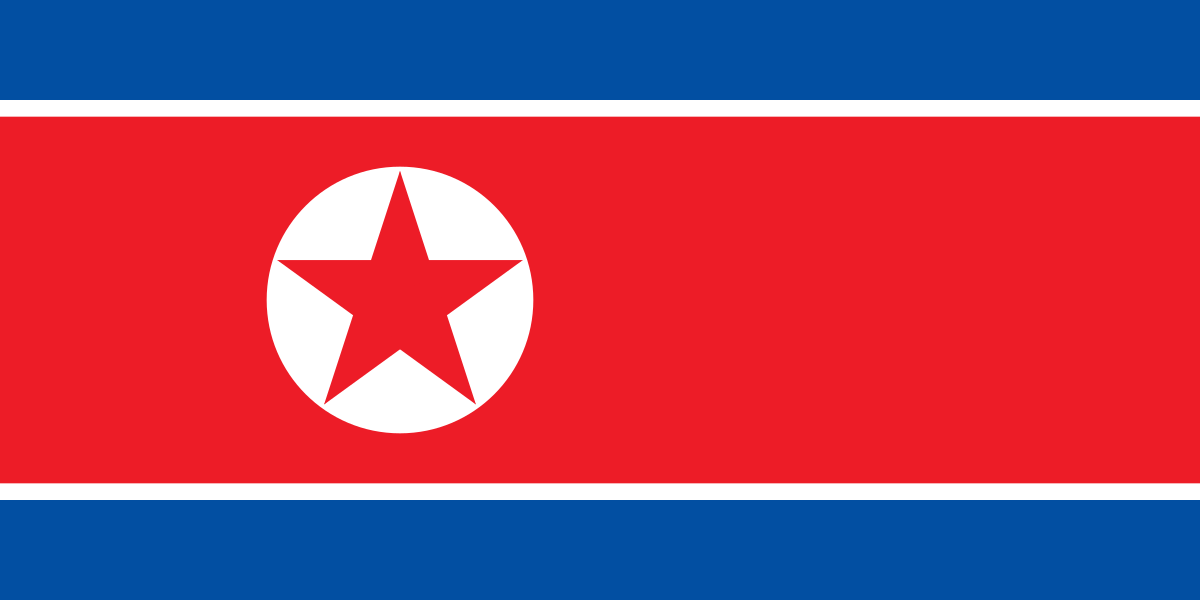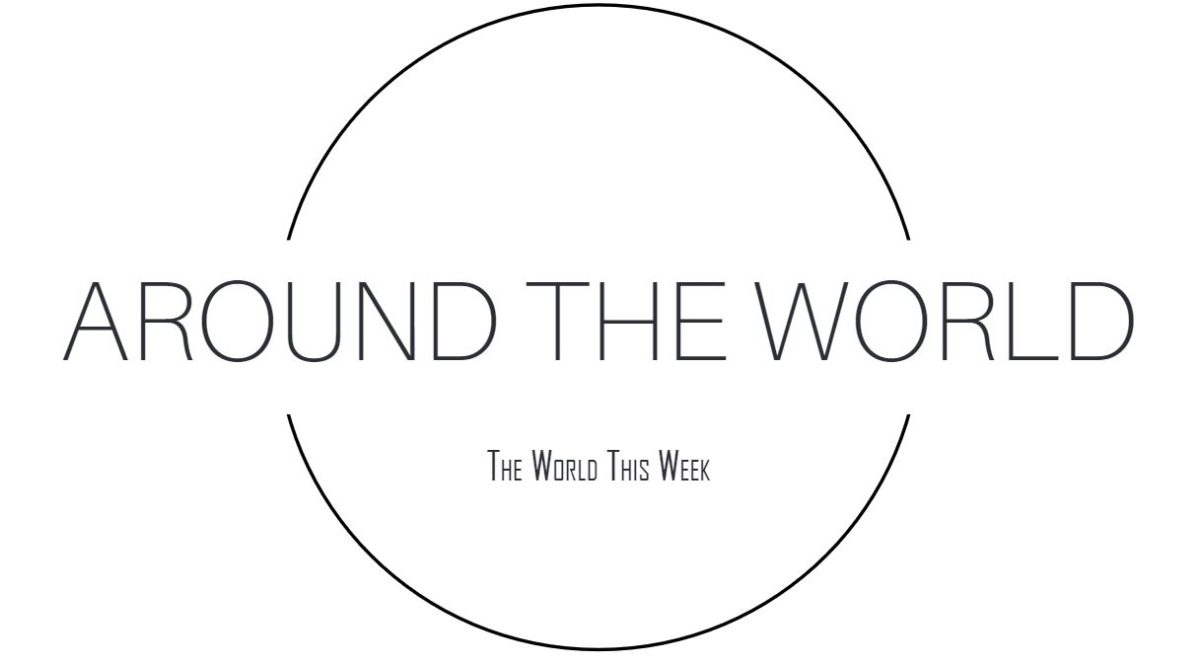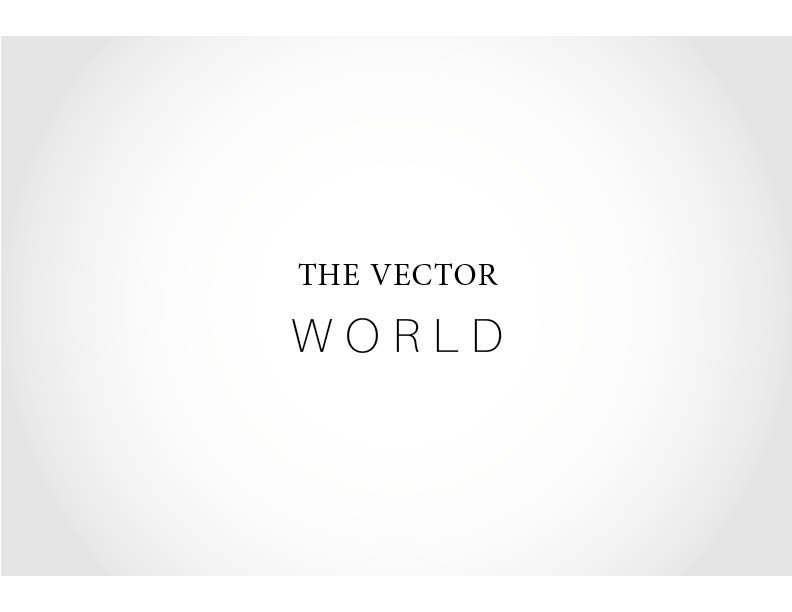Image Courtesy of: ABC News
The image above shows independence square in Kiev, Ukraine’s Capital, after the protests.
Ukraine was part of the Soviet Union until the end of the Cold War. In those years, Ukraine has become much more democratic, although there is still corruption in Ukraine.
Ukraine is a Stratified Country

Image courtesy of: CNN
The map above shows the regions of Ukraine and the percentage of the population of those regions with Russian as their native language. This graphic shows that Russia is divided into three different regions: one with less than 5% speaking Russian as a native language, another between 5% and 24%, and another between 25% and 74%.

Image courtesy of: CNN
This map shows the results of the 2010 presidential election between Yanukovych and Tymoshenko by province. The eastern portion of the country voted for Yanukovych, while the western portion voted for Tymoshenko.

Image Courtesy of: CNBC
This image shows the natural gas pipelines running through Ukraine. Ukraine is largely dependent on Russia for natural gas, even more so than Western European Countries. Europe obtains roughly 40% of its natural gas from Russia, fifty percent of which is sent through pipelines in Ukraine.
Revolution in Ukraine
Ukraine’s President Viktor Yanukovych promised to sign a political and trade agreement with the European Union. However, he decided to pause talks with the EU on November 21. Supporters of this pact claim that, if it was signed, it would spur economic growth and modernization. Yanukovych has not signed the pact in part because Russia was opposed to higher gas prices and trade sanctions. If Ukraine joined a Russian customs union, then it would get large discounts on natural gas. After Yanukovych did not sign the pact, protests erupted. The protests became violent, and Yanukovych fled to Russia and added a new anti-protest law. The protesters soon took over the city hall, and the law was repealed. Furthermore, the protesters sought constitutional reform, as the constitution had been amended to give the president more power in 2010, from the previous revision in 2004.
After more pressure, the constitution was reverted back to its 2004 revision and Yulia Tymoshenko, Yanukovych’s political rival, was released. President Yanukovych was replaced by acting President Oleksandr Turchynov.
Russian Reaction and Crisis in Crimea
Crimea is a region in Ukraine that has a large majority of Russian Speakers. The region had a mixed response to the recent revolution and rebellion. Several protests began, and violence followed. Russian gunmen occupied Crimea’s parliament building and forced the parliament to dismiss the Prime Minister of Crimea Anatolii Mohyliov and replace him with Sergey Aksyonov. On March 1, the new Prime Minister appealed to Russian President Vladimir Putin. Soon after this, thousands of Russian Troops entered Crimea. Many Ukrainian troops surrendered, resigned, and/or defected. On March 6, the Supreme Council of Crimea voted on March 6 to become part of the Russian Federation. If Russia grants the request, then Crimea intends to become part of Russia. However, the Ukrainian government opposes Crimea leaving its country to join Russia.
United States Position
The Obama Administration has opposed the entry of troops into Ukraine as they believe it violates the country’s sovereignty. President Obama has ordered the treasury to freeze the assets of individuals and corporations that are perpetuating the crisis in Crimea. However, some of President Obama’s critics view his statements as empty threats. For instance, when the President said that there would be consequences if Bashar Assad used chemical weapons in Syria, and Assad did despite his warnings, the United States did not conduct military action against the Assad Regime. Similarly, he warned Russia not to conduct a military intervention in Ukraine, but they disregarded his admonitions and went ahead with it in under a day.
Many people are worried that the crisis in Ukraine could start World War III. However, this is highly unlikely as both sides are aware of the mutual destruction that such a conflict would cause. As Albert Einstein once said, “I know not with what weapons World War III will be fought, but World War IV will be fought with sticks and stones.”
Further Reading (Web Only)
CBS News – Ukraine conflict tests Obama’s credibility on the world stage
TIME – 4 Reasons Putin Is Already Losing in Ukraine
The New York Times – U.S. Announces New Sanctions in Ukraine Crisis
























